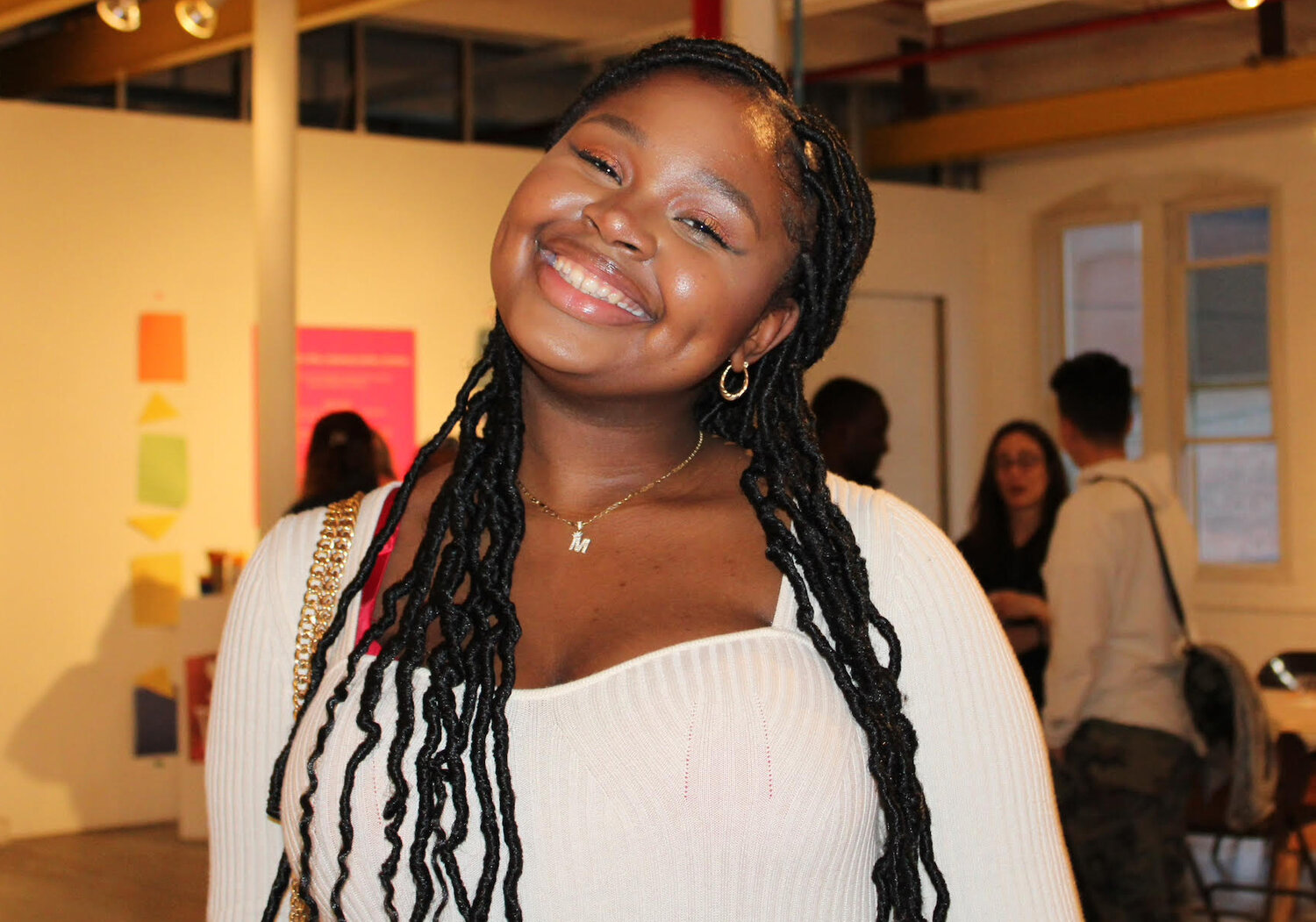Speaking up and speaking out
Listening to the voices of a generation in crisis and the impact of stigma in mental health
If only it were so easy to accomplish good public policy by putting the good data into action which often requires advocates to leap over the boundaries set up by the keepers of the status quo in state government.
Jully Myrthil offers up her courageous voice, speaking out on the growing needs of her generation to confront the mental health crisis in Rhode Island. Kudos to her – and to the United Way of Rhode Island, where she is an intern – allowing her the chance to speak out and to be heard.
On Monday morning, Nov. 27, at 10:30 a.m., the Latino Policy Institute’s Mental Health Pipeline will share its report on the barriers and opportunities in the professional pipeline. The event will be held at United Way of RI headquarters.
PROVIDENCE – Right now, our country is in the midst of a mental health crisis, and it is our youth that are particularly vulnerable. For young people navigating mental health challenges, speaking up is not just an act of bravery – it is a lifeline.
When seeking help, young people encounter many obstacles, with one of the most significant barriers being societal stigma. All of us want our voices heard and to be taken seriously. We want to know that people care to listen. And so, it not only is frustrating when our struggles are dismissed, but it also creates an environment where young people battling with their mental health hesitate to ask for help.
But when youth feel heard and understood, they are more likely to continue seeking support and engaging in healthy coping mechanisms.
BIPOC youth
Today’s mental health crisis has a significant – and disproportionate – impact on BIPOC [Black, Indigenous, people of color] youth, with suicide now the second-leading cause of death for Black youth aged 10-14 and the third leading cause for those age 15 to 19.
In our BIPOC communities, this crisis is further exacerbated by substantial barriers to accessing mental health services – including cultural stigma, financial challenges, and a lack of culturally competent care.
This is especially concerning when you consider BIPOC youth are already at an increased risk for mental health issues due to systemic racism and discrimination. Together, these factors have resulted in higher levels of stress, anxiety, and depression. Further, BIPOC youth also experience intergenerational trauma, which is the transmission of trauma across generations due to historical and ongoing experiences of oppression and marginalization. This results in disparities in the mental health outcomes of BIPOC youth.
Creating a supportive environment
A lack of mental health care supports harms young people’s overall wellbeing and quality of life. They often feel embarrassed or ashamed to admit they are struggling. As such, we must understand and demonstrate that seeking help is not a weakness, but a sign of strength.
We must listen to young people when they express their concerns and validate their experiences. When youth feel their voices are not heard, they become frustrated, which often can lead to self-medication with alcohol and drugs and worsen their difficulties.
Instead, we must provide a supportive and caring environment by creating a safe, welcoming space where young people feel empowered to speak about their struggles and seek the help they need. We must break down the stigma around mental health, for doing so can lead to healing and growth.
Why is this important to me?
As a mental health awareness advocate, I use my voice daily to highlight the importance of mental health. And like many of my peers, my mental health suffered during the COVID-19 pandemic. The quarantine mandates were isolating, and I could not connect with my friends.
As an extroverted person, being unable to socialize impacted me greatly, while the fear of losing someone close to me due to COVID left me feeling anxious. Looking back, I know I wasn’t the only one feeling this way, but I felt very alone.
I’m grateful I could talk to my family about how I felt – they were able to comfort me and ease my anxiety. I now use my experience to ensure other youth do not feel alone. I was motivated to pursue my Youth Mental Health First Aid certification, taking a big step toward being able to actively support others navigating similar challenges.
I was selected to be a youth panelist at a policy summit, and I evaluated policies nationwide regarding youth mental health to ensure they were equitable. I am committed to advocating for mental health and to ensuring youth feel heard, supported, and understood.
A call to action
It is imperative that we work together to provide youth with the mental health support and resources they need, as well as create a community of healing by breaking down the stigma surrounding mental health. And we need community leaders to help improve and increase access to mental health services and partner with mental health professionals.
Adults can play a crucial role in supporting youth mental health by encouraging open communication and by modeling healthy coping mechanisms. Youth can become advocates for mental health resources in their community by educating themselves and others and by practicing self-care and healthy coping mechanisms, and by reaching out for help when help is needed.
It is essential to recognize the significance of taking action to address the mental health crisis among our youth. And we must all do our part to support young people and help break the stigma surrounding mental health. Together, we can work to create a brighter future for all.
Jully Myrthil is a senior at Village Green Charter School and an intern at United Way of Rhode Island.






